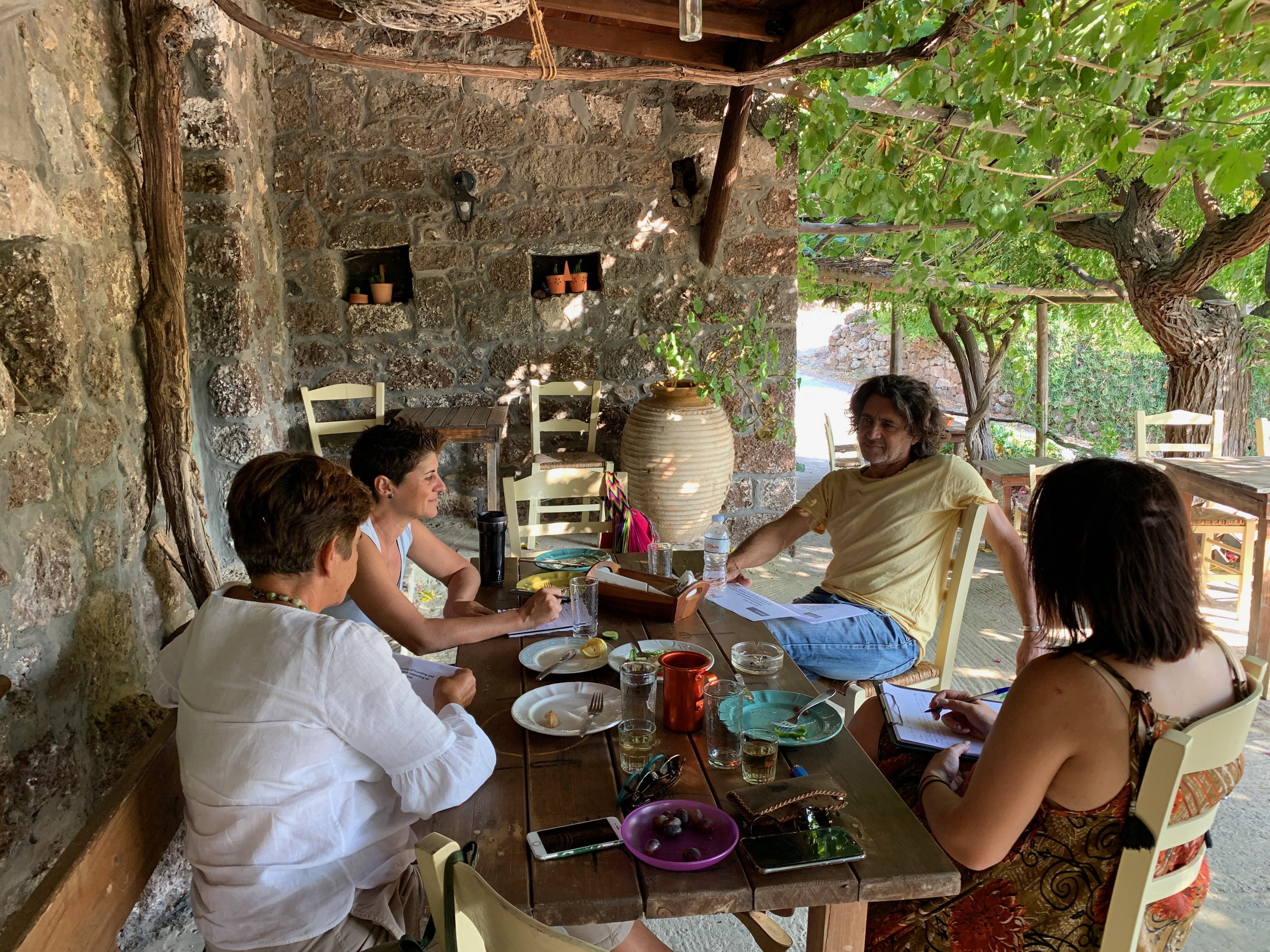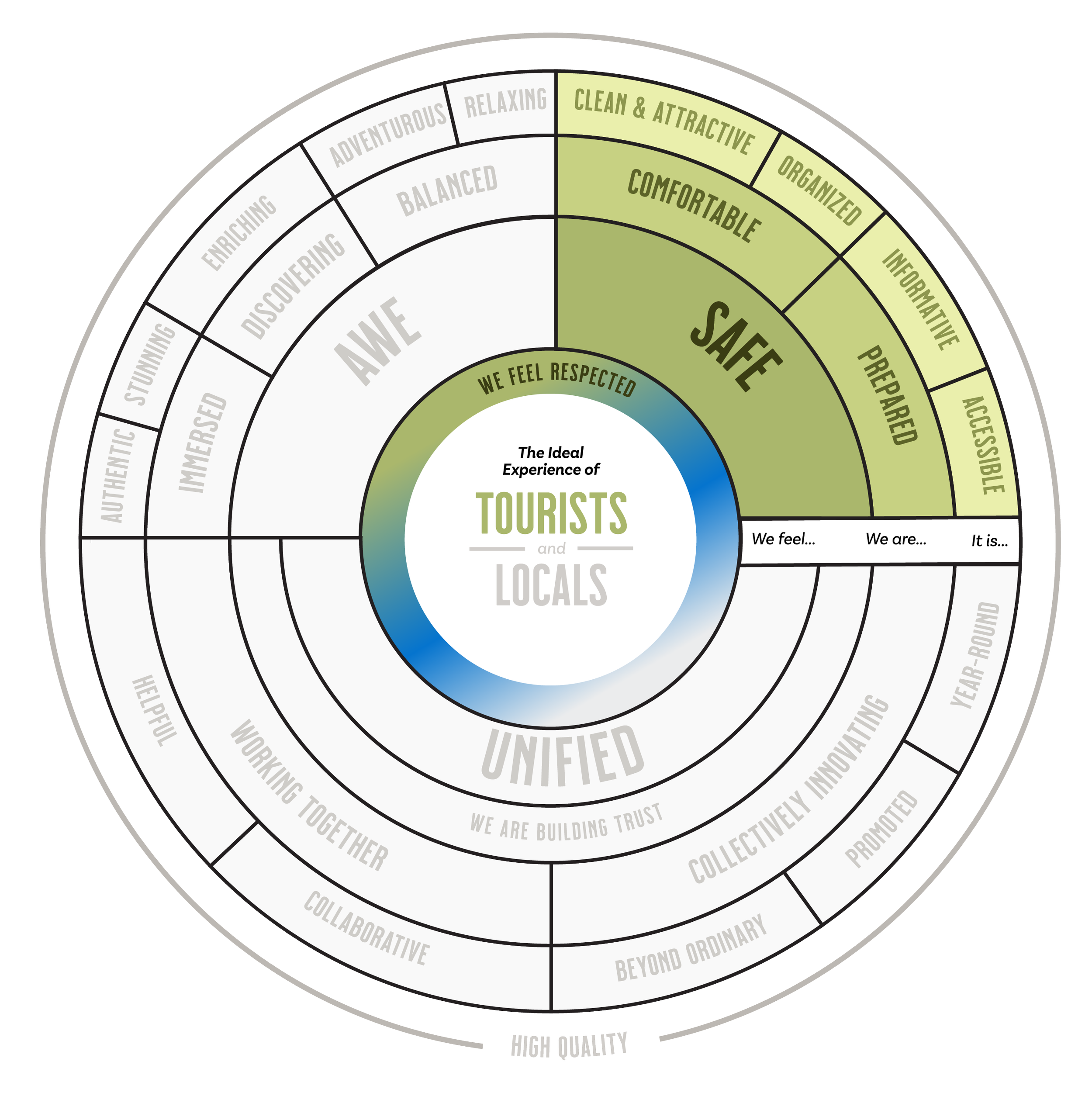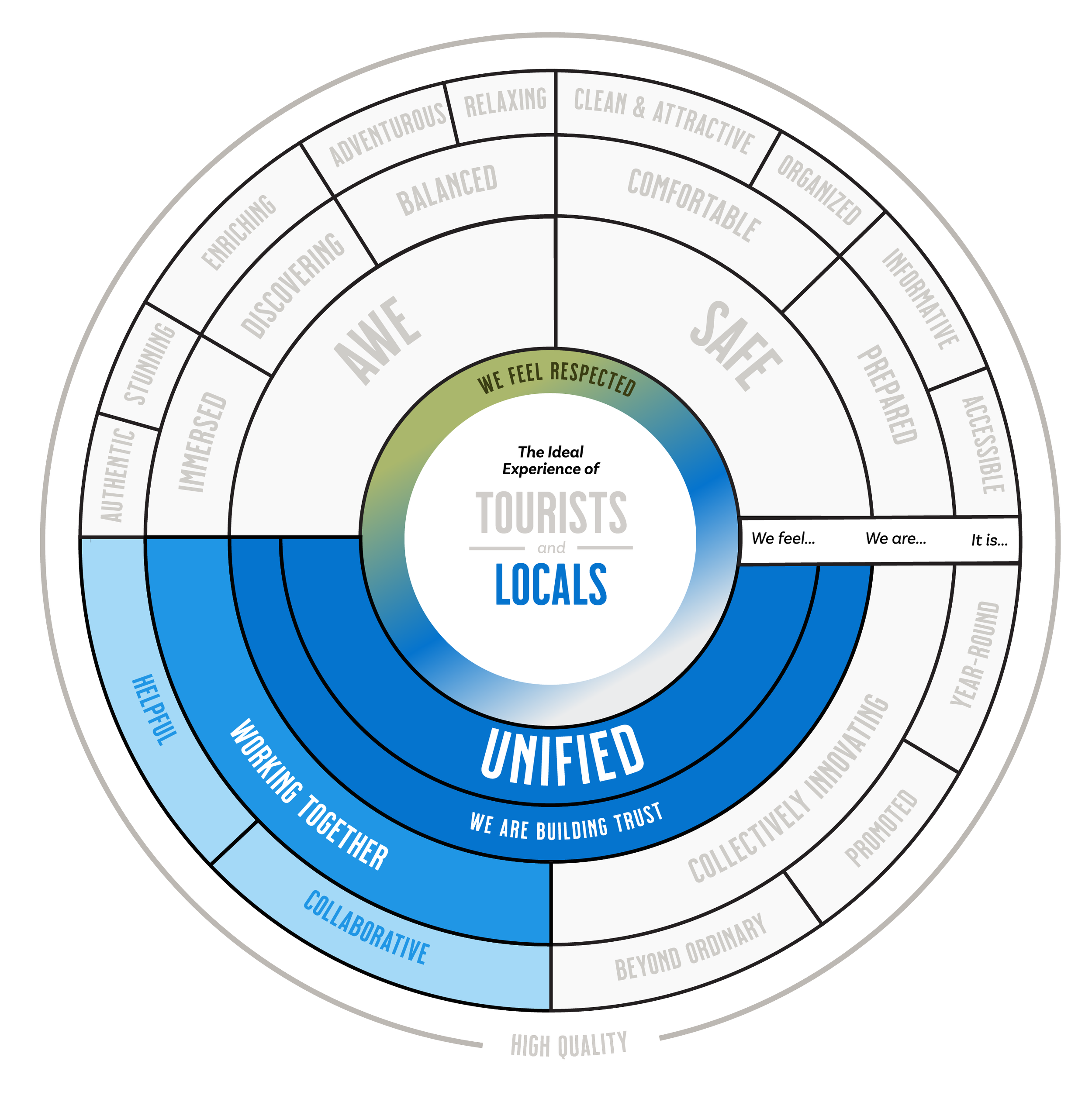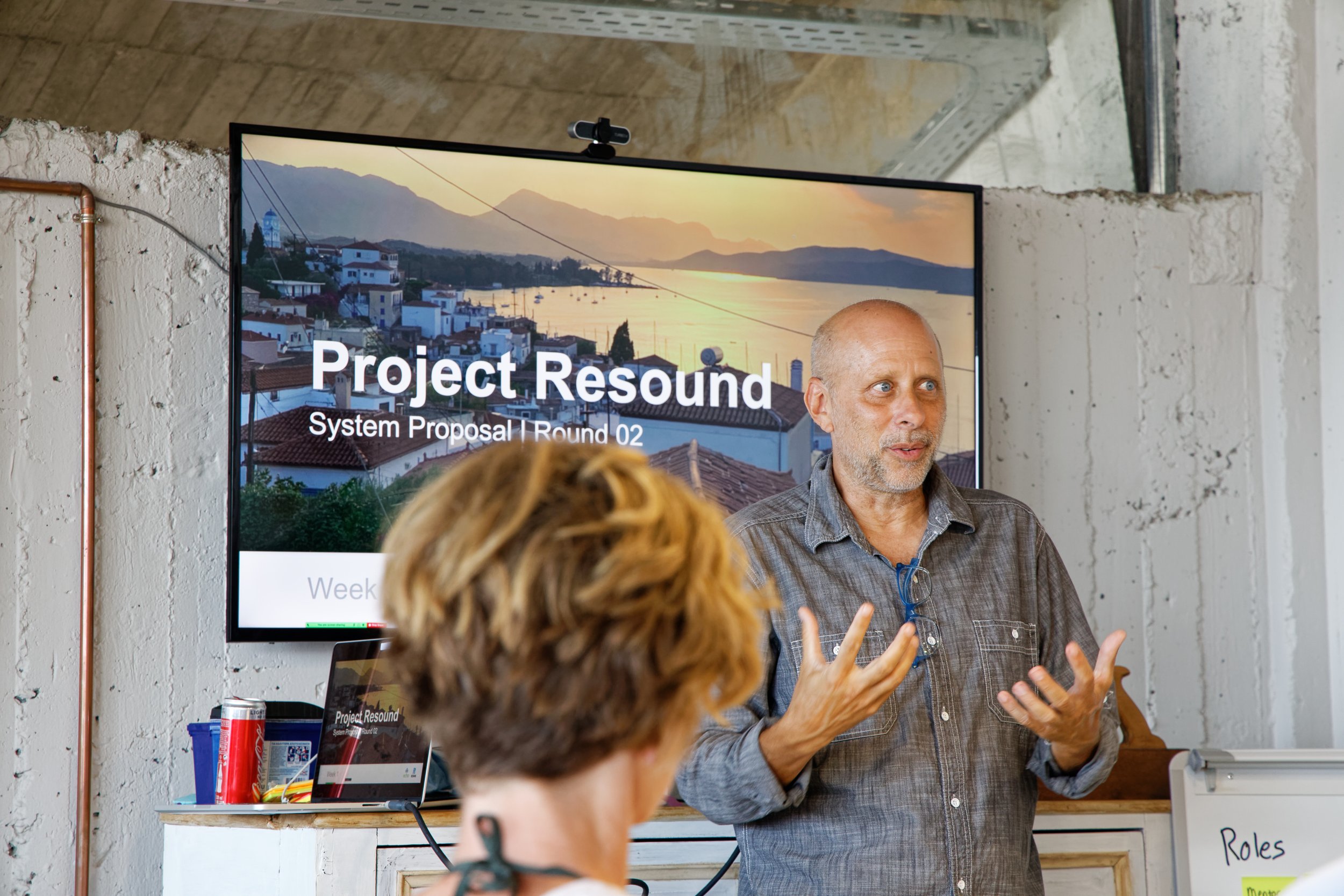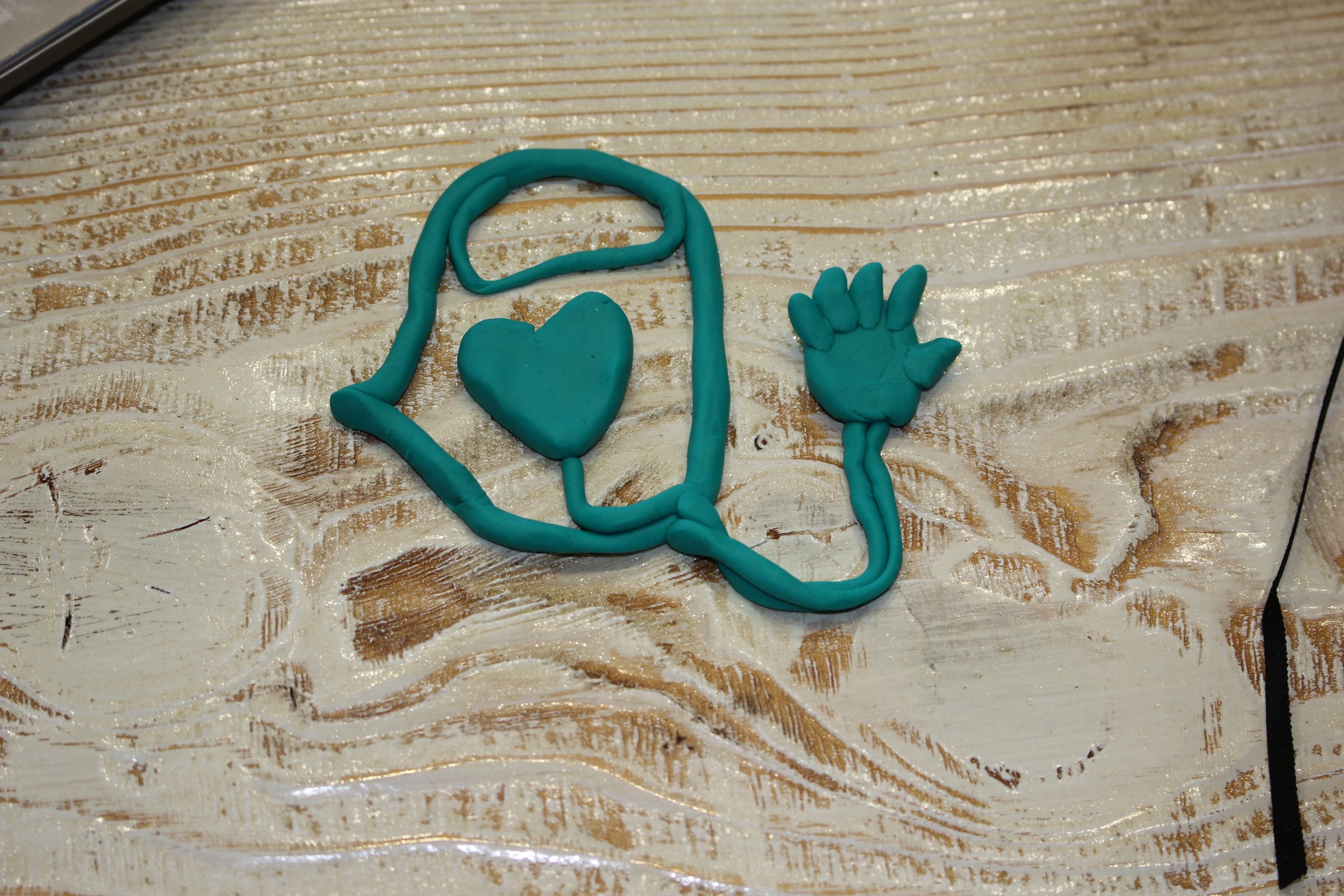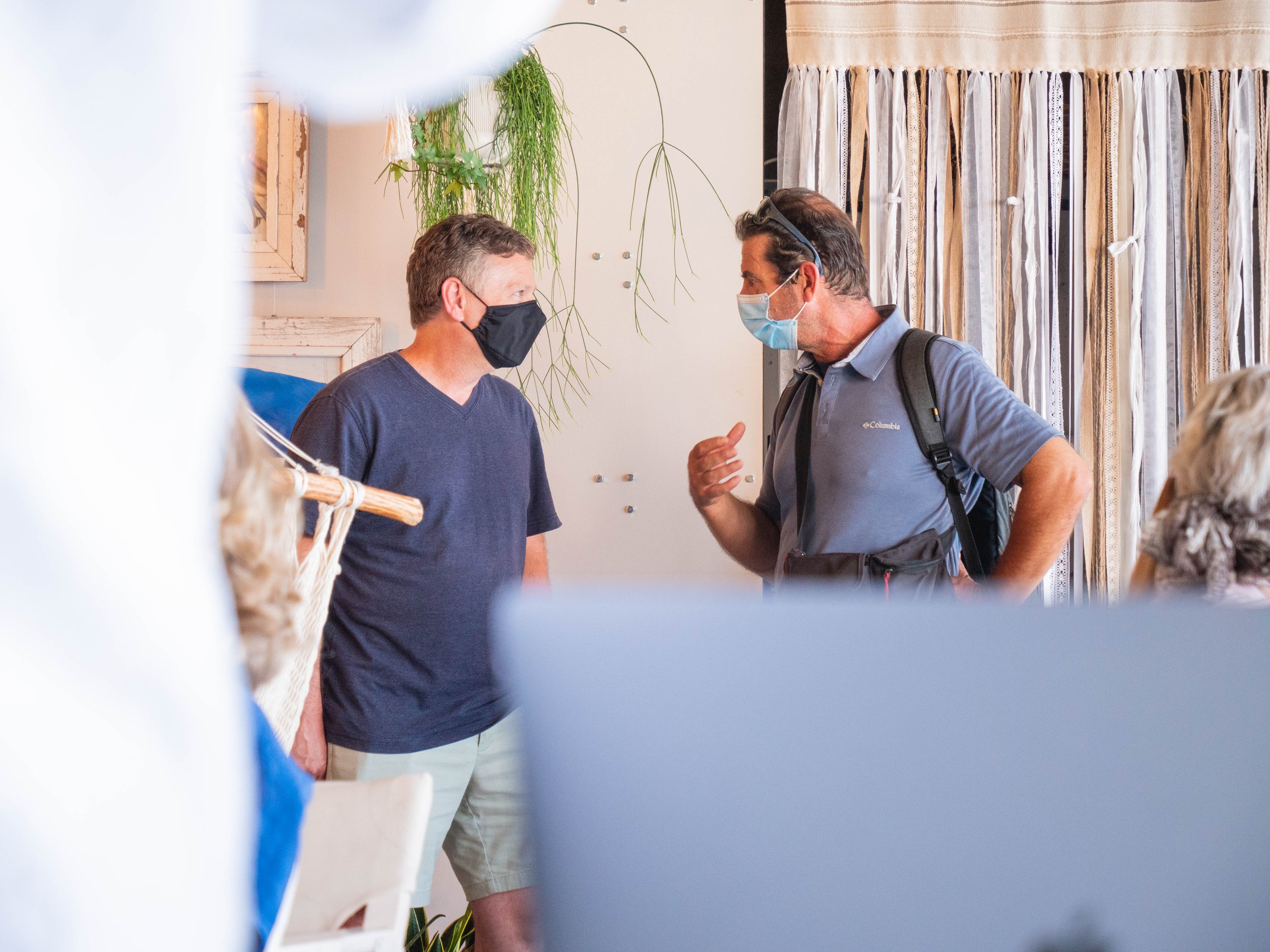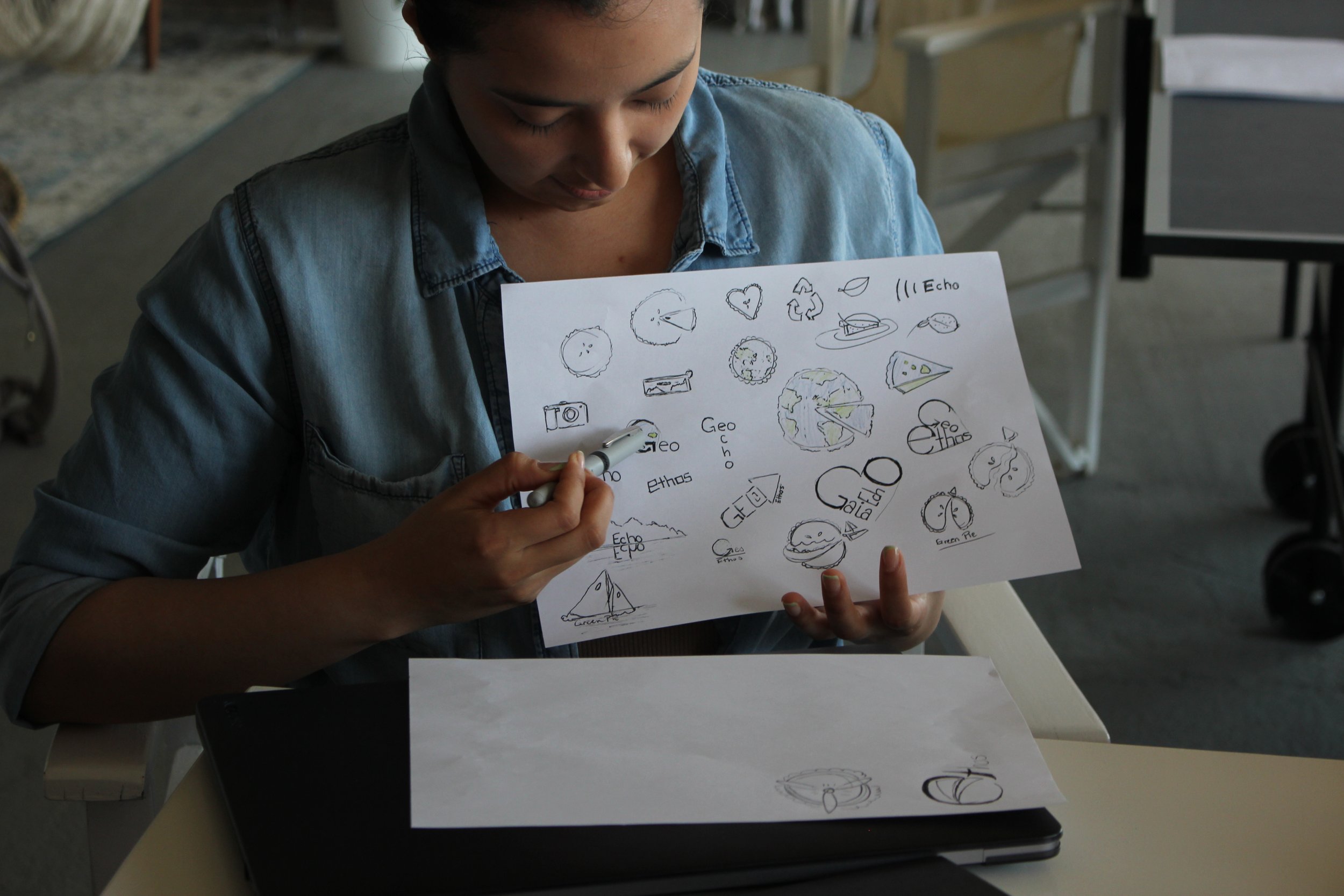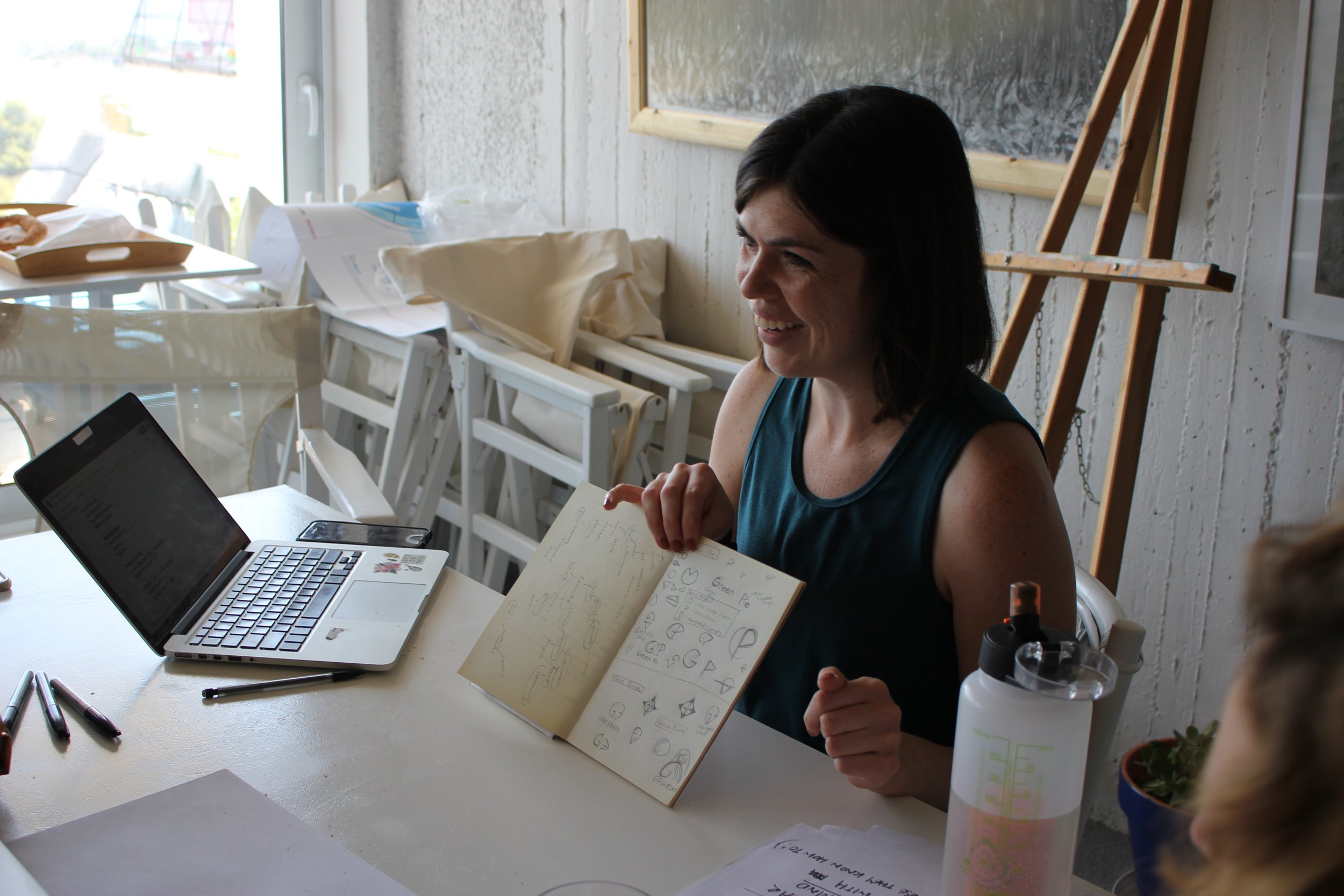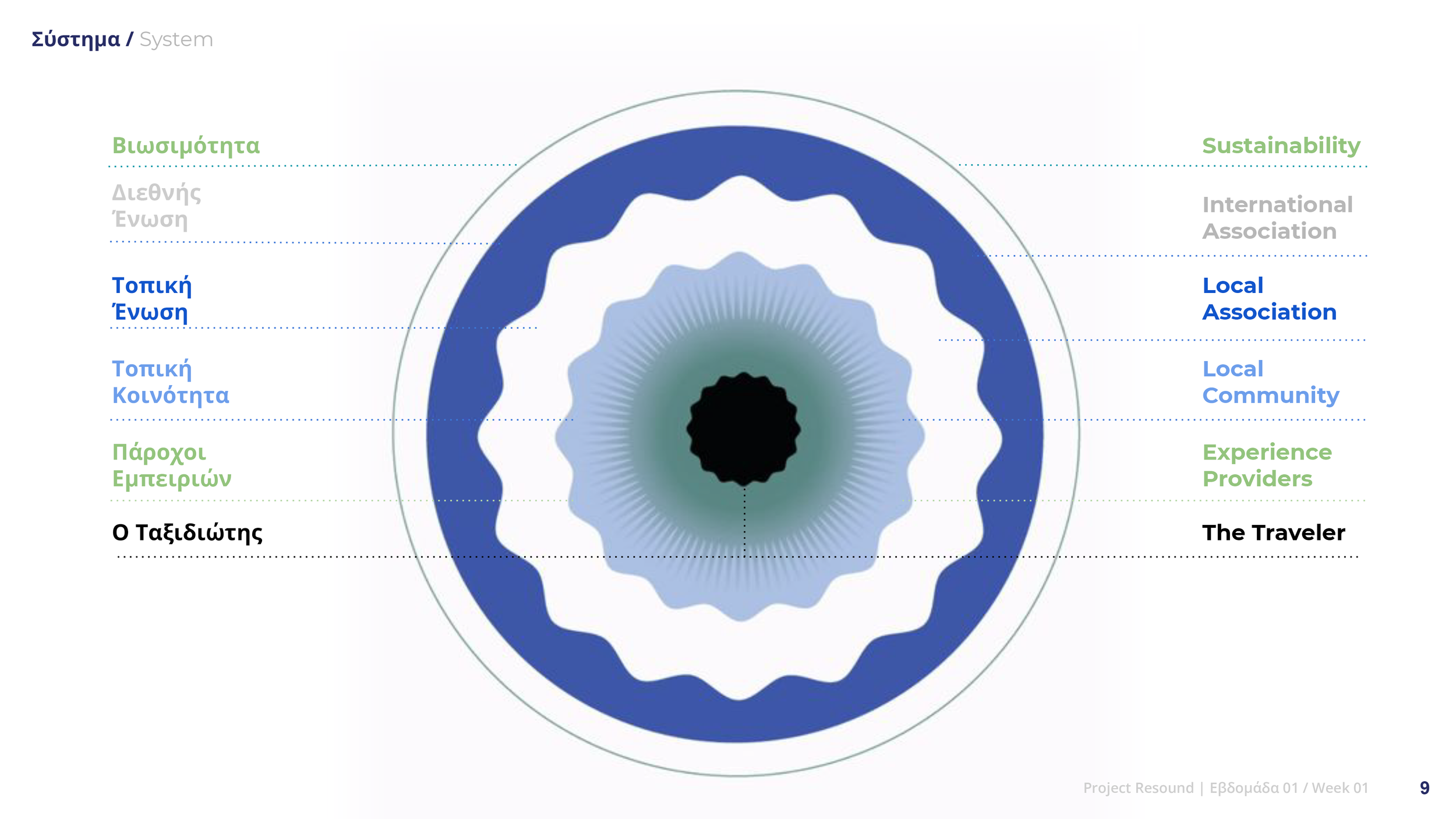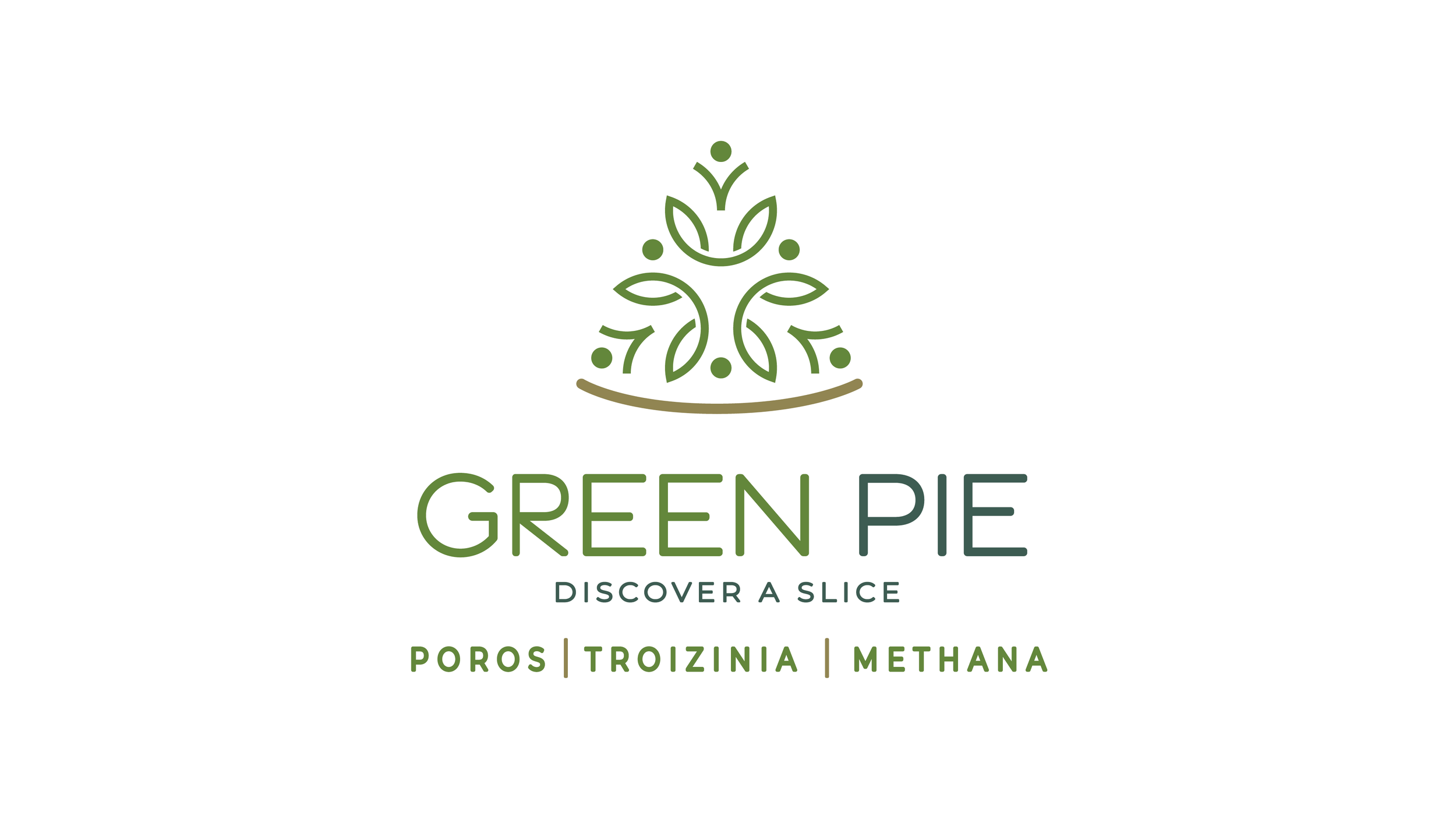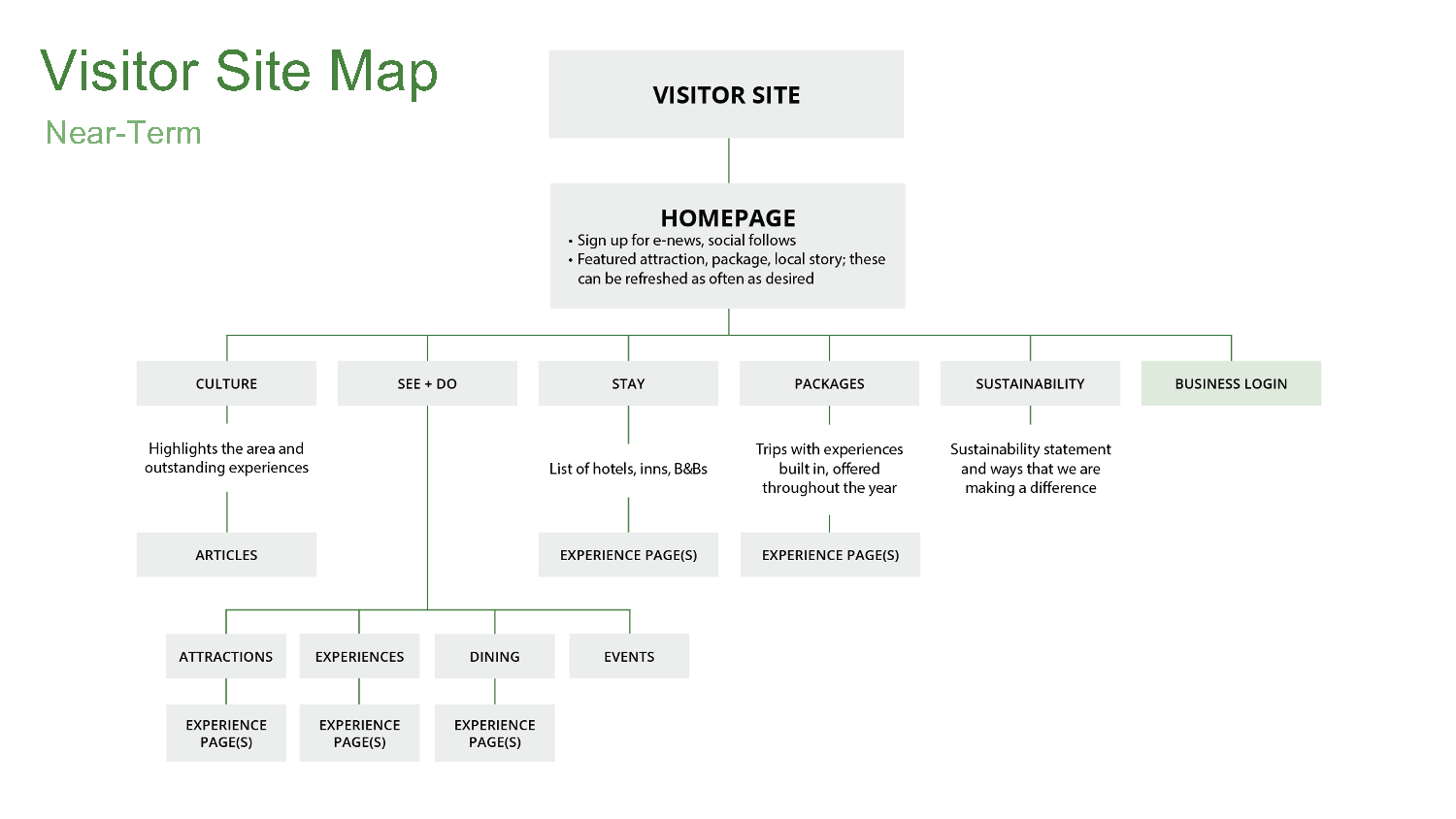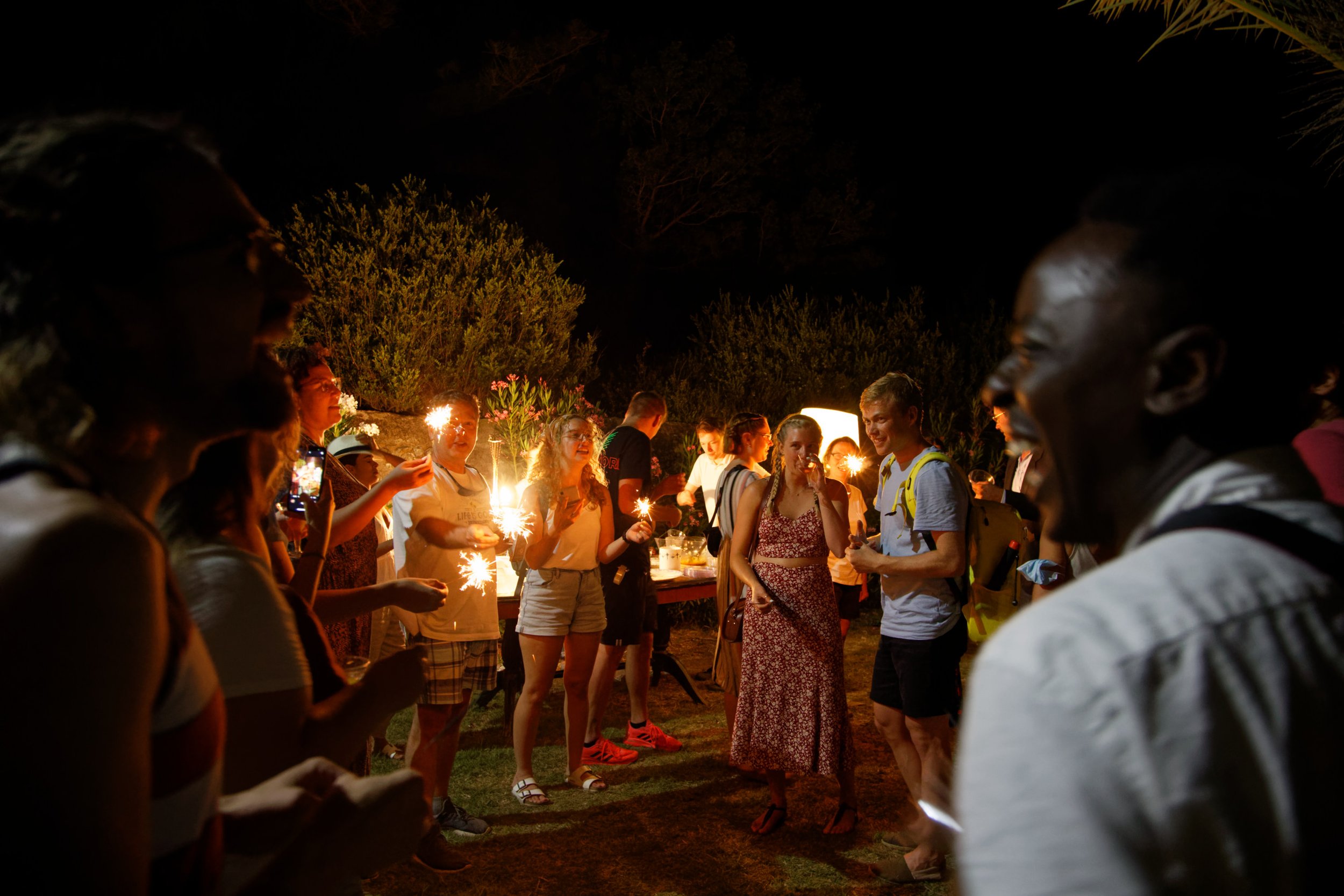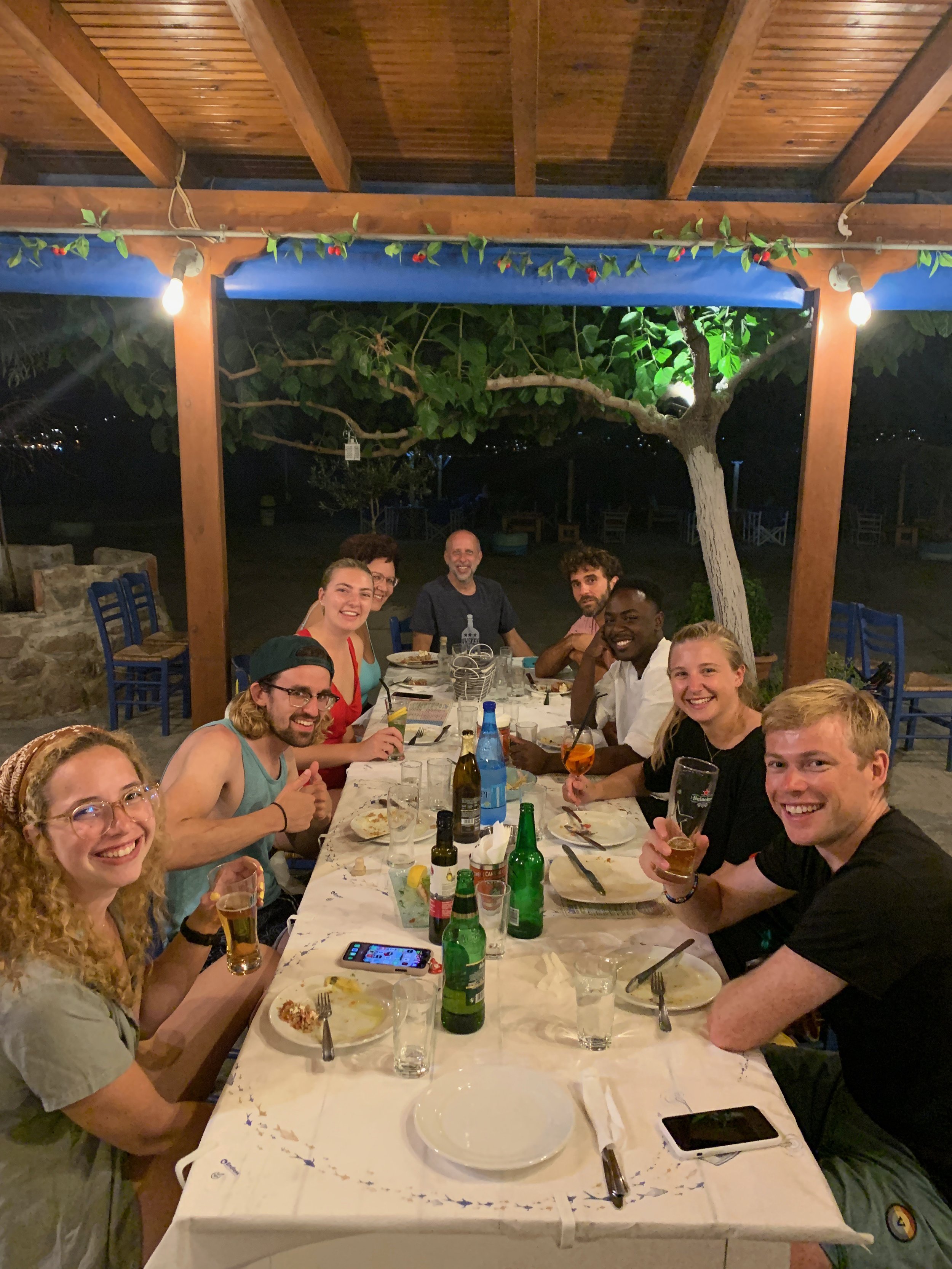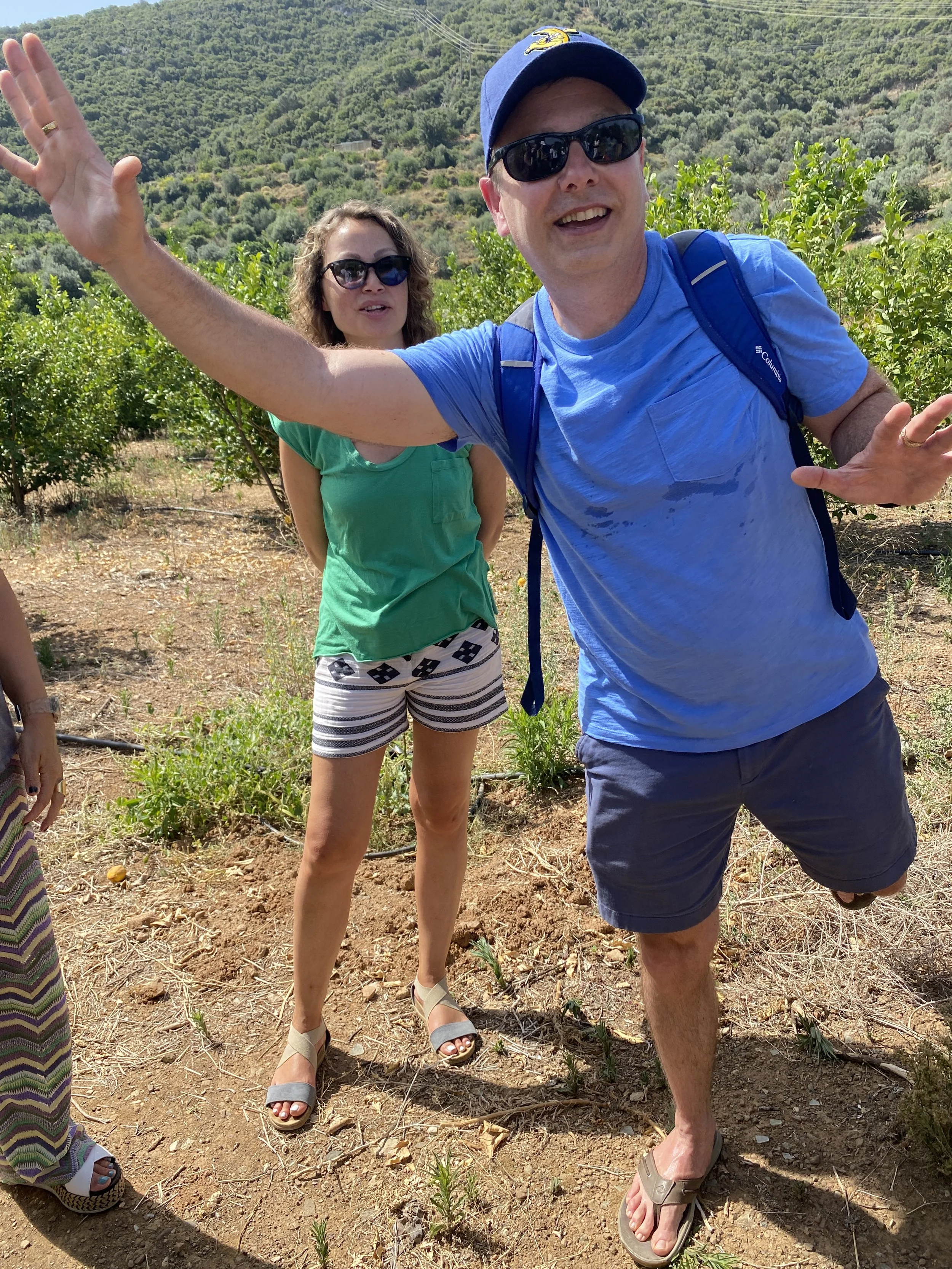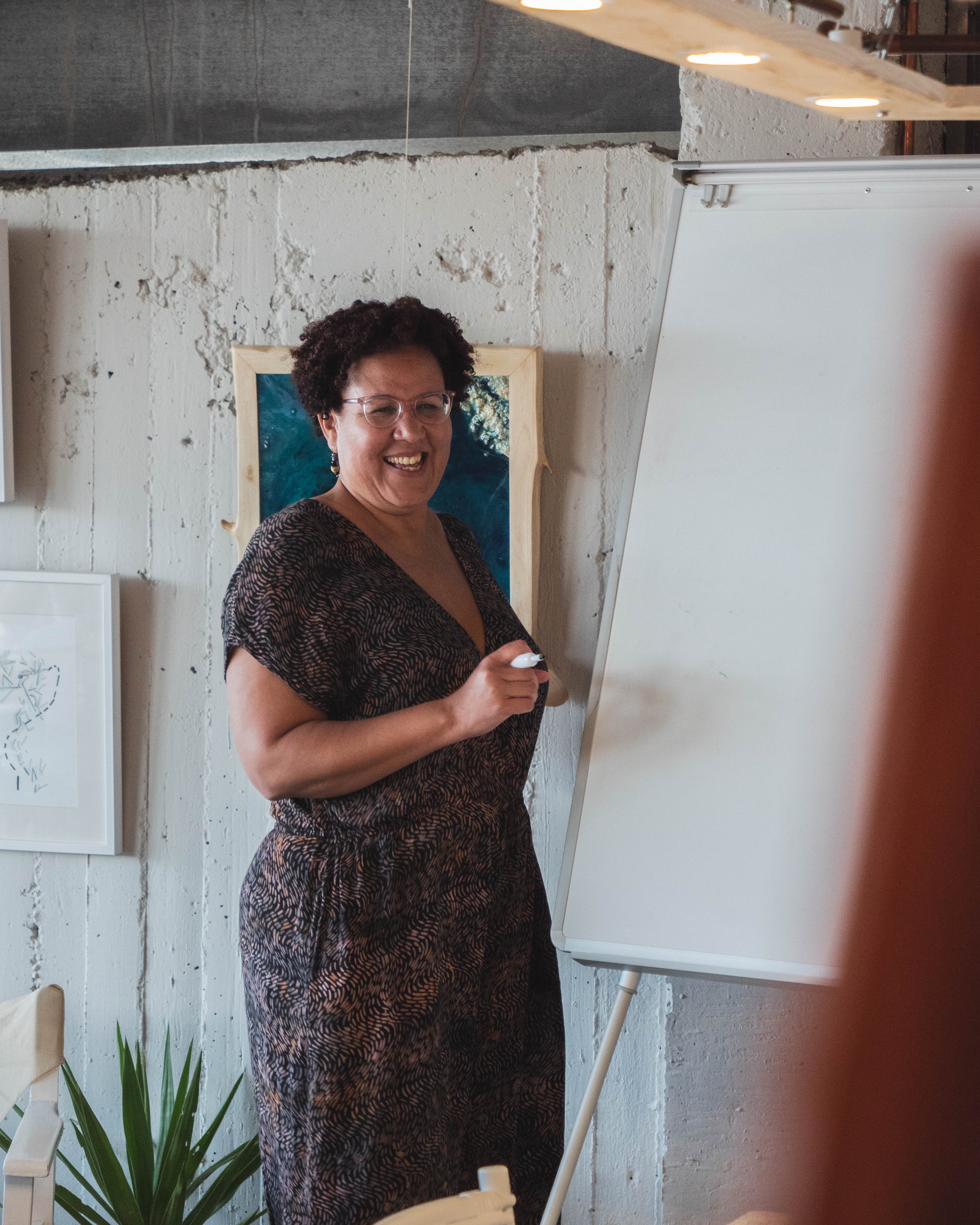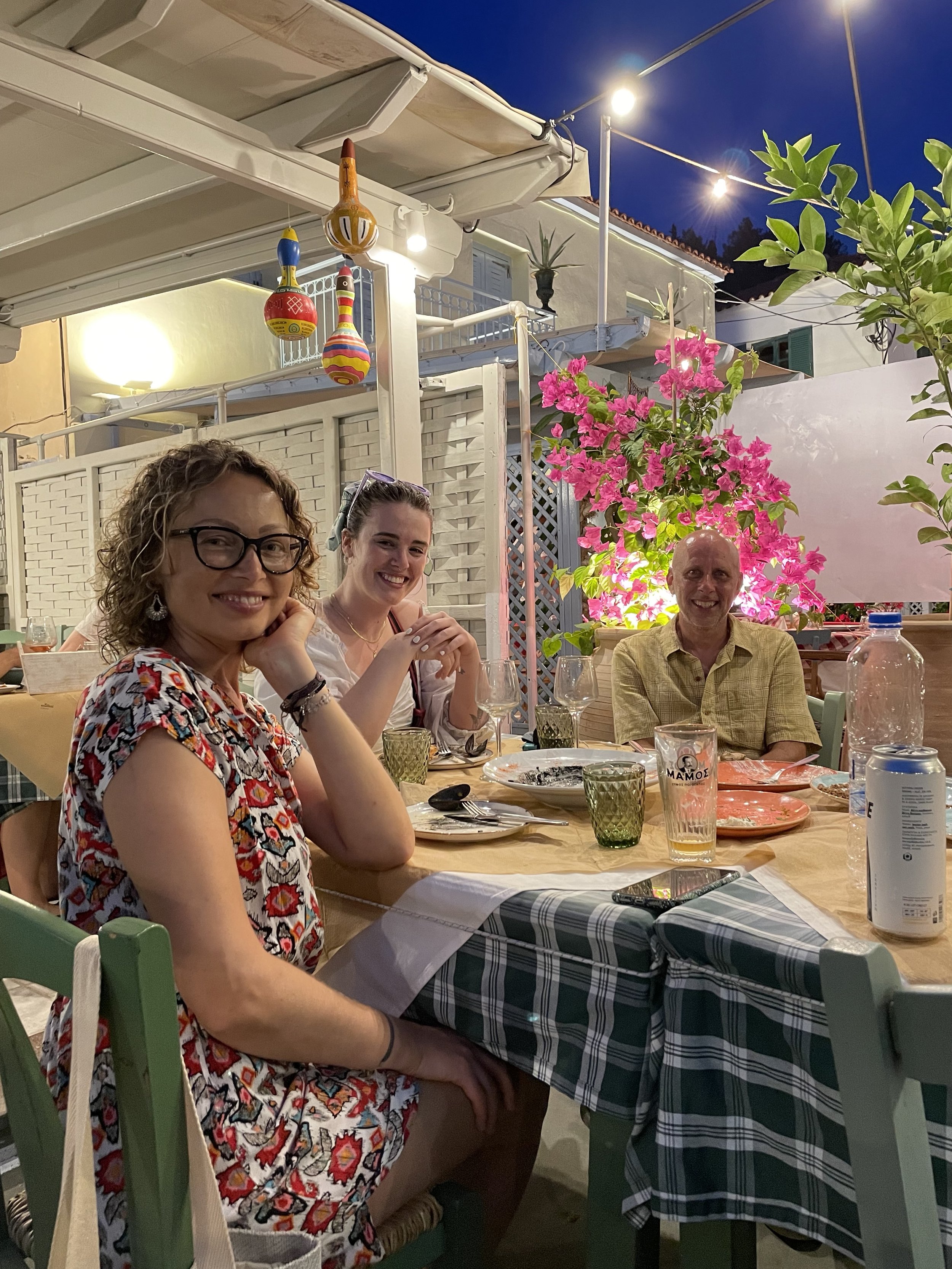“Sustainability is a great initiative for us to explore the globe without destroying it.”
Poros, Troizinia-Methania, GREECE
Creating an Innovative Model of Sustainable Tourism
June 2019–Present
Local Partners: Echo, Katheti, Live-Bio, Odyssey
Other Partners: Lextant, Ecologists Without Borders
PROBLEM: Searching for a Better Model
The For both travelers and traveled communities, tourism can be beautiful and life-changing. However, it’s important to also consider the drawbacks of tourism. Over time, many of the world’s most popular destinations have become damaged as the environment has declined because of overcrowding, pollution, erosion, neglect of historic landmarks, and disrespect to local cultures.
To address these problems in the region of Poros and Troizinia-Methana, Greece, the Project Resound team sought to imagine a new model of tourism with sustainability and community at its core. By truly respecting unique cultures, environments and people, those living in the area can continue sharing their home for generations to come.
Poros and Troizinia-Methana are located only 30 nautical miles from Athens, Greece. In addition to its proximity to a large city, this region is overflowing with natural treasures, historic sites, unique landscapes, and communities with incredible stories. It’s a hidden treasure that deserves to be both protected and shared.
APPROACH: Project Resound’s initiative brought 38 volunteer creatives from around the world to the Pelopponesian towns of Troizinia and Methana and the nearby island of Poros. To produce a vibrant, successful, sustainable tourism model, Project Resound explored a four-phase process that emphasized co-creating directly with its partners and the community.
Phase 01: Discovery
This phase included contextual research and speaking directly to local service providers, community members, and tourists. It was vital to become exposed to the nuances of local culture and gain the trust of our local partners.
Phase 02: Definition
With data from phase one, insights were analyzed to find patterns and further synthesized into design criteria of a future sustainable offering. A research report conveyed the story in a meaningful, actionable way.
Key Insights:
The ideal experience of tourists and local community members is a symbiotic cycle of respect—respect for each other, the land, locals, visitors, wildlife, cultures and history. It’s an experience that cultivates a “we are in this together” mindset for the desire to preserve the region for future generations to come.
A lack of trust exists in the region between individuals and organizations. This lack of trust may include relationships with businesses, government agencies and outside organizations.
Partnering with Lextant, the human experience firm, Project Resound created the Ideal Experience Framework, a model that outlines the desired experience of locals and tourists. With respect at the core, tourists desire awe-inspiring, safe experiences while community members seek unity.
Phase 03: Development, Ideation, and Rapid Prototyping
With Two on-ground teams and one virtual team approached aspects of the project, ideating designs that included a model for sustainable tourism, branding, communication and strategy. Workshops were facilitated with community members
Phase 04: Delivery, Documentation, and Plan of Implementation
Each team developed presentations and tools that were shared with the community. To gain additional insights, feedback from each presentation was applied to successive prototypes. These included:
Sustainable tourism model
3 brand identities (prototypes)
Website (prototype)
Collateral designs (prototypes of banners, posters, maps, illustrations, t-shirt, etc.)
Project Resound presented final deliverables to members of the community in a space provided by Odyssey.
Sustainable tourism model: Project Resound presented its local partners and the communities of Poros and Troizinia-Methana with a sustainable tourism model. It is representative of feedback received from co-creative sessions and centers the traveler in an ecosystem united by sustainability. Travelers interact directly with experience providers integrated into the local community. Within the community, a non-governmental organization (NGO) exists to promote partnership, education, and sustainable tourism practices that would benefit the local economy, environment, and those living in the region. It may eventually be scaled for use in other cities, regions and countries.
Brand identities: Project Resound presented three brand identities for the model: Green Pie, Éla and Root Travel. These included mockups of a variety of deliverables that allowed the community to see the identities in action and emotionally connect with the designs.
GREEN PIE incorporates ideas of community, respect, and sustainability — all key values of the prototyped organization — and can easily be applied at an international level. This visual identity would be applied to member ID badges, a website and outreach collateral.
Éla represents a way of life. This Greek word translates to “join us,” and welcomes a community of travelers and service providers to flourish. Speaking and creating directly with members of the community was crucial to the success of Éla. By understanding the community’s attitudes and experiences, Project Resound created solutions that could be implemented within existing customs. Given the context of this name, Éla is best suited for a tourism model that does not include the international component.
Root Travel draws its identity from the importance of sustainability as the “root” of the solution, respecting cultural “roots” in the area travelers are visiting, and speaks to the “routes” travelled around the globe.
The Story of Project Resound Greece
Documentary video of the project (14 minutes)
IMPACT
Project Resound maintains a “friends for life” ethos. At the end of the project during a debrief session, the team continues to connect with the local partners to offer support and additional design services. With this support, our local partners have drafted a business plan and are creating a legal entity. After an NGO is established, they plan to hire a director and engage with the community to build a network. Project Resound will support this by designing a presentation for the solicitation of funding and another for recruitment of network members along with a leave-behind. It is the goal of both Project Resound and our local partners’ to leave a legacy of sustainability for future generations.
Key Takeaways for Successful Social Innovation:
Be Passionate: Social innovation should be part of who you are as an organization and your ethos, not a PR opportunity.
Be Curious: Begin each project with a child-like curiosity and trust a contextual process to understand people, systems, and needs. This attention to detail will help you define the problem that will be solved through co-creative methods with stakeholders.
Be Empathetic: Align and inspire the community by showing that you understand their needs before designing solutions.
Be Collaborative: Involve your partners during each stage and solicit their feedback. This leads to effective solutions and community buy-in.
Stay Involved: Meet with clients shortly after the project. Discuss what worked and what didn’t. Create a plan of implementation that includes what they must do and what you will do to support them. Keep your promises and continuing to offer support will greatly increase the odds of success.


